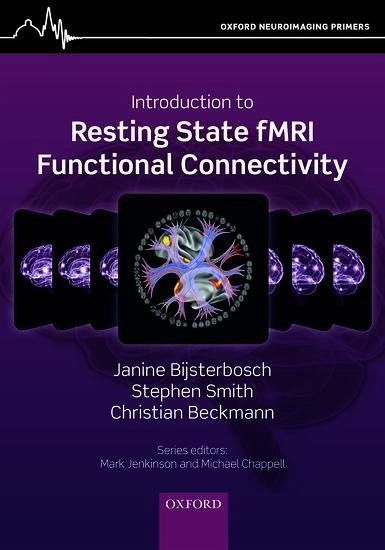
Introduction to Resting State fMRI Functional Connectivity
Versandkostenfrei!
Versandfertig in 2-4 Wochen
58,99 €
inkl. MwSt.

PAYBACK Punkte
29 °P sammeln!
For those new to the field of resting state fMRI, the large variety of approaches to functional connectivity analysis is highly confusing. This primer provides an introduction to the concepts and analysis decisions that need to be made at every step of the processing pipeline, starting from data acquisition through to interpretation of findings.


